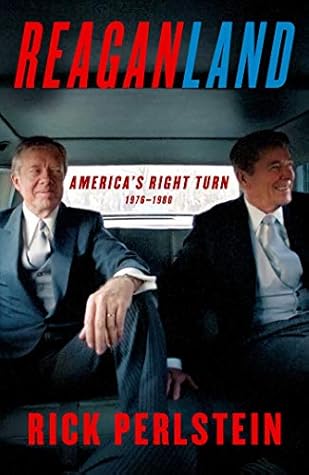all worked seamlessly, Friedman said, because the people on that barren rock understood what Americans had back during the nineteenth century—which schoolchildren mistakenly learned was the age of robber barons, but whose unregulated economy actually had made it America’s golden age. “We’ve been squandering that inheritance,” the genial little gentleman softly rued. The narrative was exceptionally seductive: economic utopia was within America’s grasp, if only government would get out of the way. It was also a thoroughgoing fantasy—starting with that harbor ferry, without which the barren
Welcome back. Just a moment while we sign you in to your Goodreads account.


